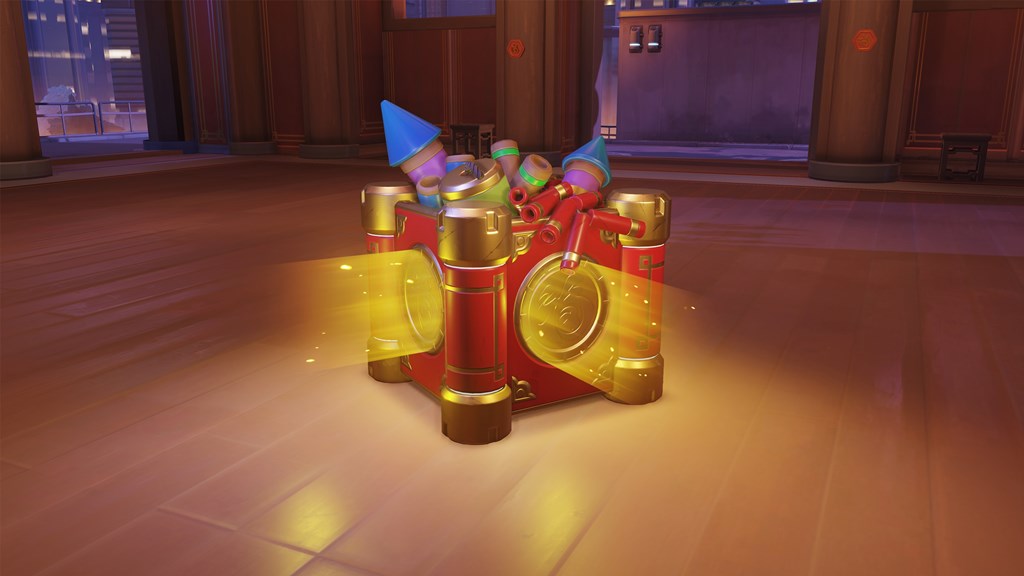It’s been a while since we reported on the ongoing loot box controversy. The last time we talked about it was when Warner Bros and Monolith Productions decided to remove them from Middle Earth: Shadow of War. Since then, the Netherlands and Belgium has declared some loot boxes illegal, while Finland has begun looking into them.
Amidst all this, it looks like 16 gambling regulators from Europe and the United States have banded together, stating that they will “address the risks created by the blurring of lines between gaming and gambling,” according to Eurogamer.
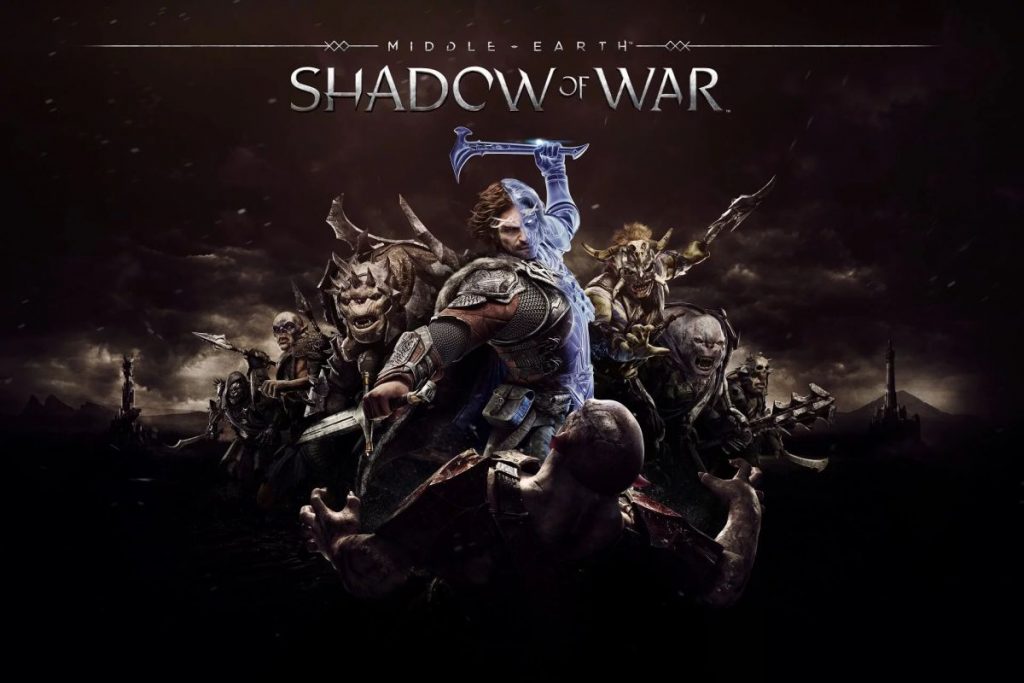
More specifically, they will be “tackling unlicensed third-party websites offering illegal gambling linked to popular video games.” Examples of this include the skin betting side of Counter Strike: Global Offensive and Dota 2, with multiple sites allowing the betting of real money for skins of weapons or characters. There have been crackdowns to some extent, but these regulators want both the video games industry and tech platforms “to play their part in helping crack down on these websites.”
One step in the right direction
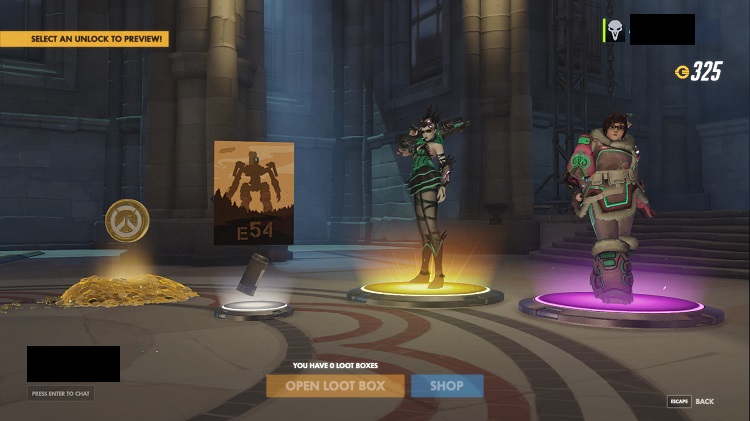
Overall, then, it looks like the regulators are looking to make games with loot boxes comply with national laws. This is, for a start, eliminating trading of the random items acquirable from these loot boxes. For context, Finland’s Lotteries Administration dictates that loot boxes are gambling if they meet four conditions:
- They can be bought partly or entirely using real-world money,
- Buyers do not know what item they will receive from them,
- The box or its contents can be exchanged for real-world money either through the game’s publisher or through a third party,
- The publisher doesn’t have a lottery license.
While loot boxes, by their very nature, will meet the first two conditions, the third one will be the contention of whether they’re gambling or not. For example, EA is adamant that its FIFA Ultimate Team mode in both FIFA 18 and the upcoming FIFA 19 does not constitute gambling because EA does not sanction any trading of player cards for real world money, even if there are those who do it.
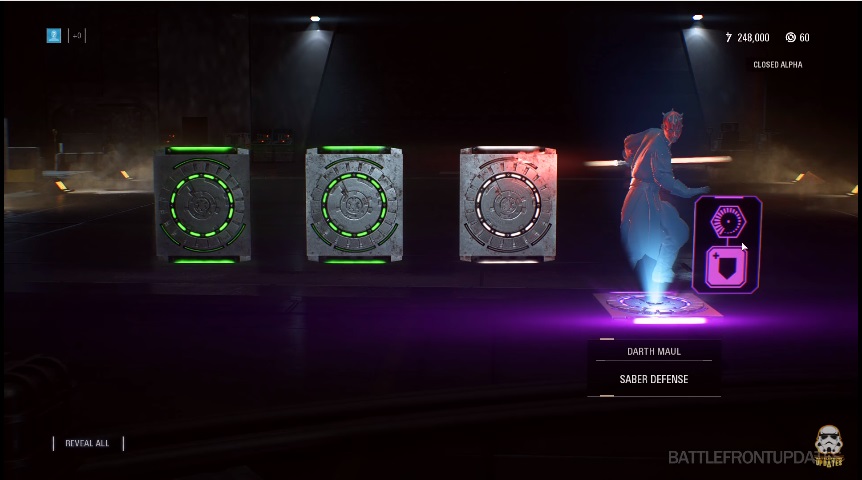
This insistence means that the company will be facing the Belgian government in court at some point in the near future, since Belgium has her own definition, which has subsequently deemed loot boxes illegal.
Better games for the rest of the world
While the outcome of this investigation won’t affect us directly, the indirect effects could benefit the world. Europe and the US are regions so large that they may as well constitute one half of the gaming world. If a game developer and publisher were to remove loot boxes for these regions, it would be an unnecessary expense to add them in the other half, which will include Asia and Oceania.
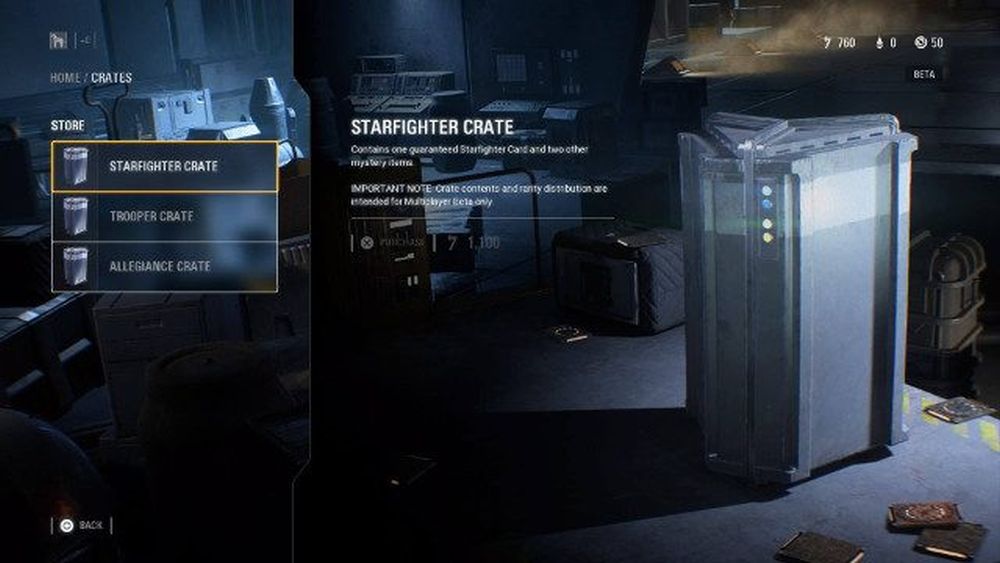
As a result, games will be better balanced when microtransactions are taken out of the equation entirely. Evidence of this is the rebalancing of EA’s Star Wars Battlefront II and Warner Bros’ Middle Earth: Shadow of War after the removal of loot boxes from both games. Progression in both games were initially a slow, grindy slog, encouraging the purchase of loot boxes to reduce the boredom of the grind. With the removal of loot boxes, both games went through a revamp of the progression system that ultimately made them more enjoyable.
For a complete list of the signatories, you can check them out in the report by Eurogamer.
(Source: Eurogamer, TechRaptor)
Follow us on Instagram, Facebook, Twitter or Telegram for more updates and breaking news.


